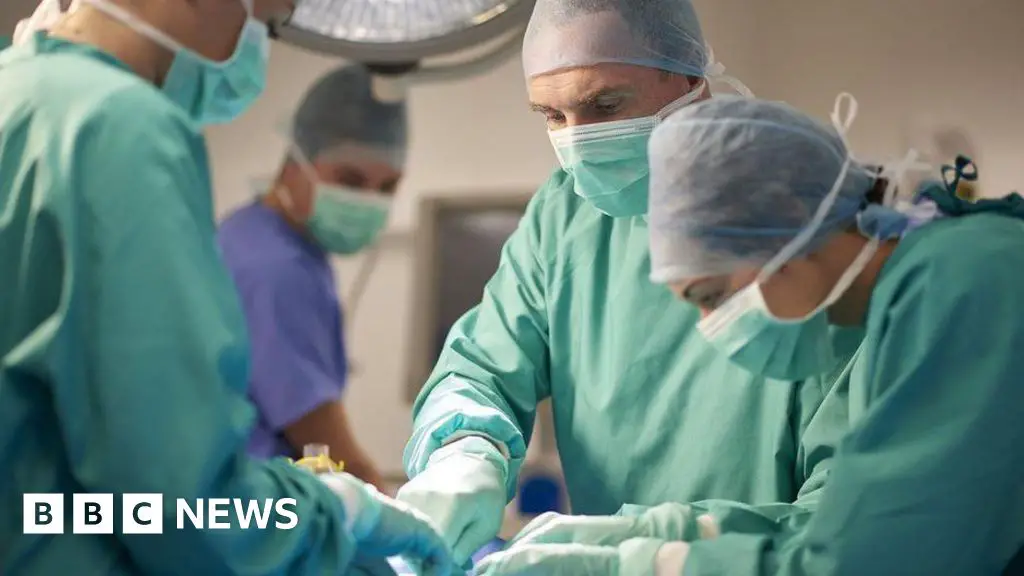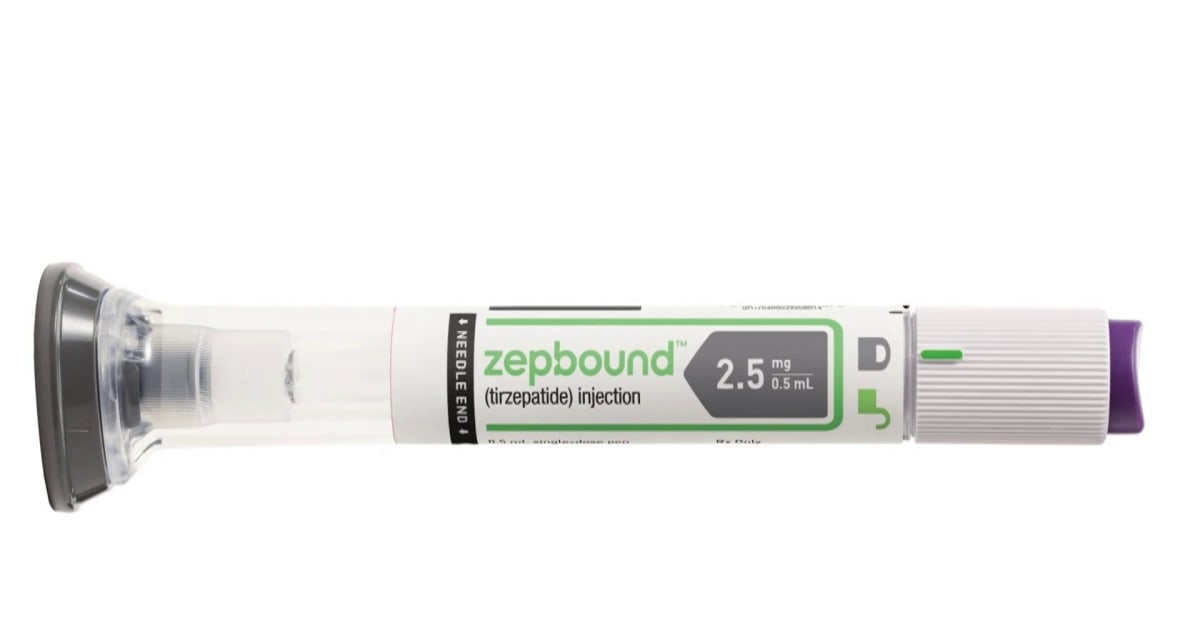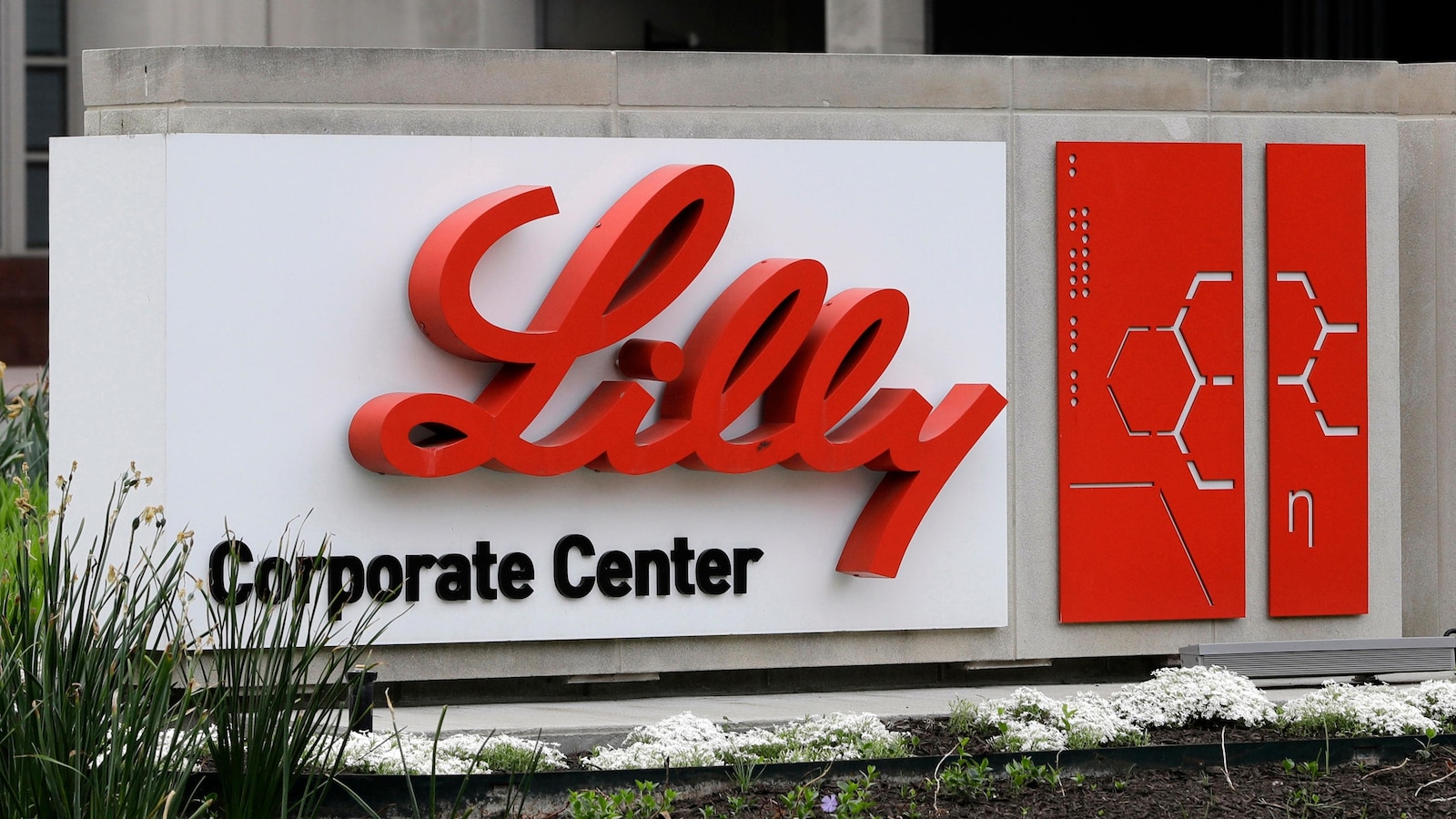
The NHS Confederation called for fundamental changes, including investment in digital technologies and greater use of robotic surgery and AI.
Significant savings could be achieved through carrying out fewer appointments before and after treatment, it said.
Follow-up checks could be done remotely and in some cases scrapped altogether, leaving it to the patient to decide whether they needed to be seen.
The number of assessments and appointments carried out could also be reduced by joining up care better for the 1.2 million people who are waiting for more than one treatment.
The report also said hospitals had to do better at vetting their waiting lists, warning time was being wasted chasing up patients who no longer needed treatment, either because they had already paid for it privately, decided not to have it or, in some cases, had died.
But it said achieving these productivity improvements would require upfront investment in buildings and technology.
The report also called for more to be done to prevent ill health, to reduce the numbers needing treatment.
The Department of Health and Social Care said improving productivity and investing in technology would be part of its plan, alongside expanding the number of appointments and operations.
“Fixing the NHS will be difficult and will take time, but this government will deliver the investment and reforms needed to turn the service around,” its spokesperson added.







